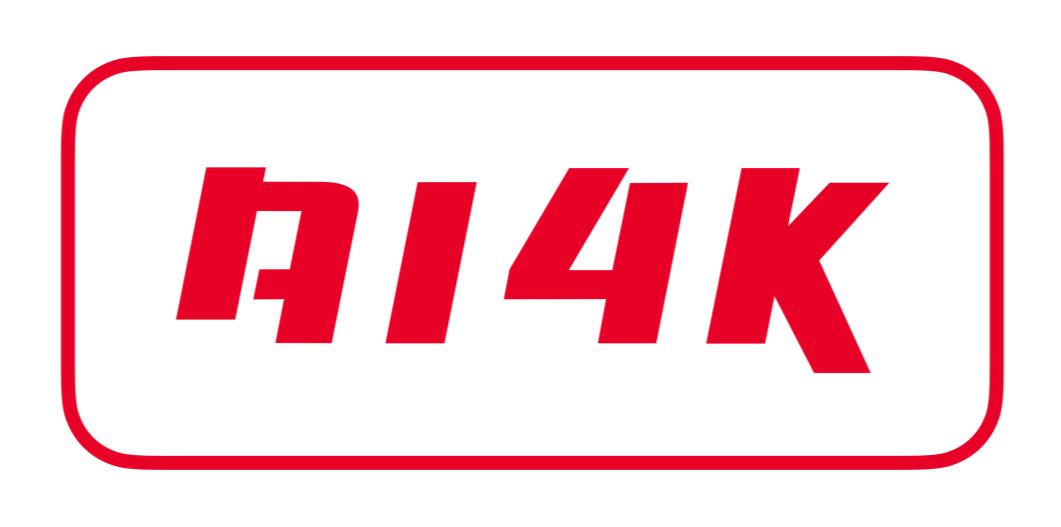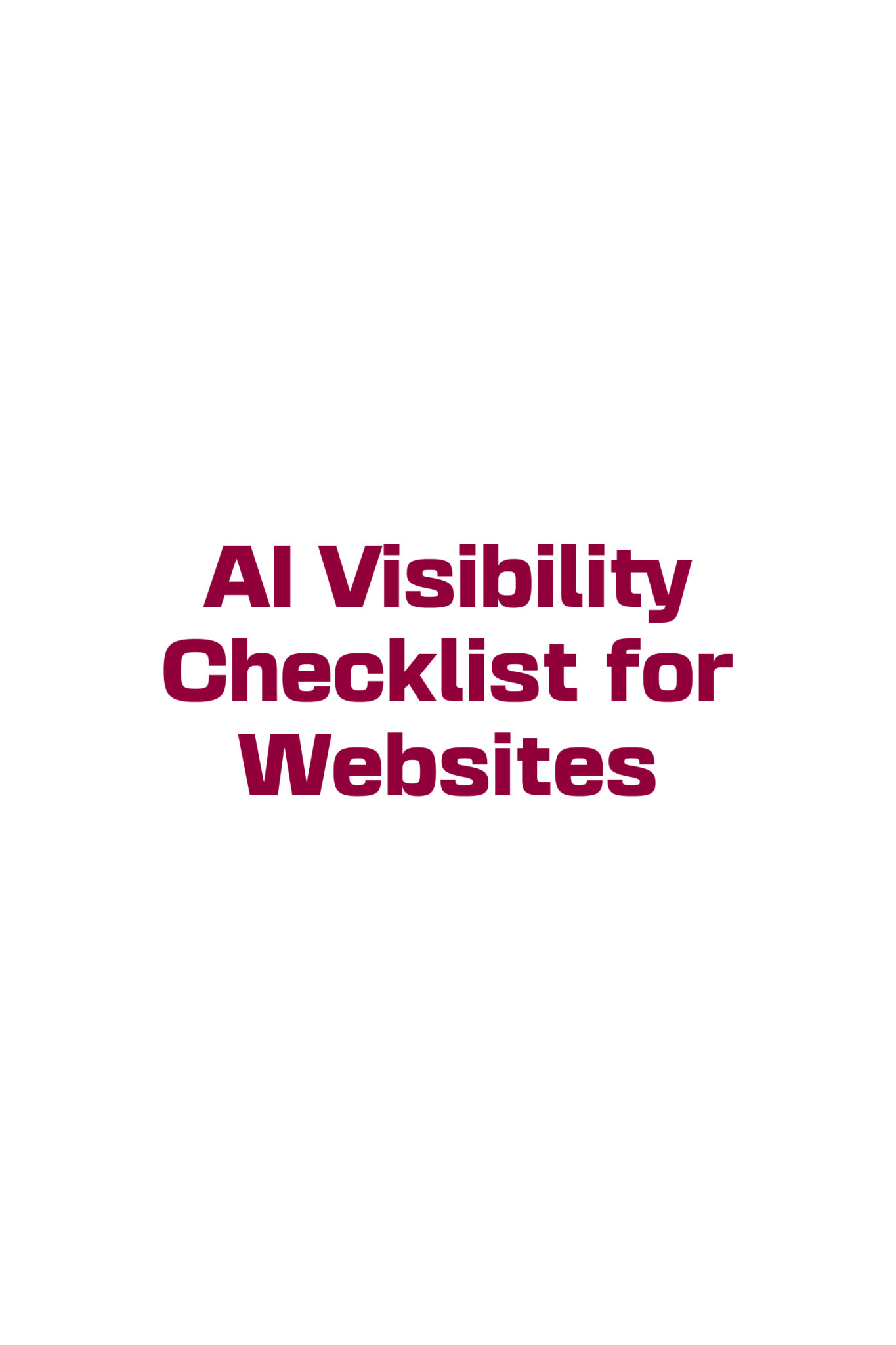What Industry Experts Are Really Saying About AI and Online Business
The sources we referenced—Harvard Business Review, SparkToro, Bloomberg, OpenAI, Ahrefs, and HubSpot—reveal consistent themes. Here’s what their insights mean for your business, beyond the headlines.
AI Is a Strategic, Not Just Operational, Shift
According to Harvard Business Review, generative AI is expected to radically transform all kinds of jobs over the next few years. No longer the exclusive purview of technologists, AI can now be put to work by nearly anyone, using commands in everyday language instead of code. Their research indicates that most business functions and more than 40% of all U.S. work activity can be augmented, automated, or reinvented with generative AI. [Source]
For small business owners: This could mean using AI tools to generate website copy, respond to emails, or manage ad campaigns—so you can focus on scaling your services or growing your client base.
Search Engines Are Prioritizing AI Results—Not Your Website
The SparkToro 2024 Zero-Click Search Study reveals that in 2024, 59.7% of European Union Google searches and 58.5% of American Google searches resulted in zero clicks. Searchers either ended their session entirely (~37% of the time), or changed their search query to something else (~22% of the time). [Source]
This aligns with what Matthew Prince, CEO of Cloudflare, said: if content creators can’t earn traffic, they’ll stop creating. The ripple effect is clear—content that doesn’t convert or drive owned engagement is a dead cost.
That’s why building email lists, membership areas, and lead magnets is now critical—not optional.
AI-Driven Ads Deliver Better ROI with Less Input
Bloomberg reports that Meta’s AI tools have boosted ad campaigns’ returns by 32%. Ads running on Meta Platforms Inc.’s apps saw return on spending increase by an average of 32% with the help of artificial intelligence. [Source]
What this means for you: If you’re using Meta or Google Ads, it may be time to transition from manual targeting to AI-driven campaign types like Performance Max or Meta Advantage+ Shopping. These options are optimized for results and reduce wasted ad spend.
AI Is Becoming an Infrastructure Layer
Artificial intelligence is no longer just a tool you add to your workflow—it’s becoming part of the core infrastructure that powers websites, platforms, and online business systems.
Much like cloud hosting or APIs became standard building blocks for modern websites, AI is now being embedded directly into the tools and platforms we use daily—from search engines and ecommerce to marketing automation and customer service. It’s shifting from a standalone add-on to an invisible layer that supports and enhances digital operations.
Examples of AI as Infrastructure in 2025
- ChatGPT (GPT-4-turbo) in Business Apps: OpenAI’s assistant API and integrations now power AI features inside CRMs, customer service platforms, and enterprise tools. For example, businesses are embedding GPT into internal dashboards to summarize reports, respond to emails, and generate client proposals.
- AI Features in Elementor Pro: Elementor AI now supports text generation, image creation, and code suggestions inside the editor—reducing the need for third-party copywriters or designers. [Elementor AI]
- Performance-Based AI in Ad Platforms: Meta’s Advantage+ and Google’s Performance Max campaigns automate ad creatives, targeting, and budgets using AI. Marketers input business goals, and the system handles optimization in real time.
- Cloud Infrastructure and Cybersecurity: Platforms like Cloudflare (included on all ai4k Website Plans) are using AI to detect threats, optimize performance, and manage routing—often faster than human teams could react. This makes AI a key layer in the secure delivery of web content.
What This Means for Small Businesses and Web Professionals
For entrepreneurs, marketers, and web designers, AI isn’t optional or experimental anymore. It’s being baked into the systems you already use—automating tasks, reducing costs, and accelerating delivery times. If you build landing pages, run digital ads, or offer support services, AI is already doing part of the job.
This shift also changes how services are sold and delivered. Clients will expect faster turnarounds, more personalization, and better performance—all of which AI can support when used strategically.
The Bottom Line
AI is now a layer of your digital infrastructure. Understanding how it works, where it’s embedded, and how to adapt your services around it is becoming essential—not optional. Businesses that treat AI as foundational, not supplemental, will have a real competitive advantage in efficiency, accuracy, and scalability.
Implication: If you’re building websites for clients using Elementor, WooCommerce, or Shopify, expect more native AI integrations that assist with SEO, image generation, chat, and analytics.
Businesses that stay current will save time and offer smarter, faster services.


